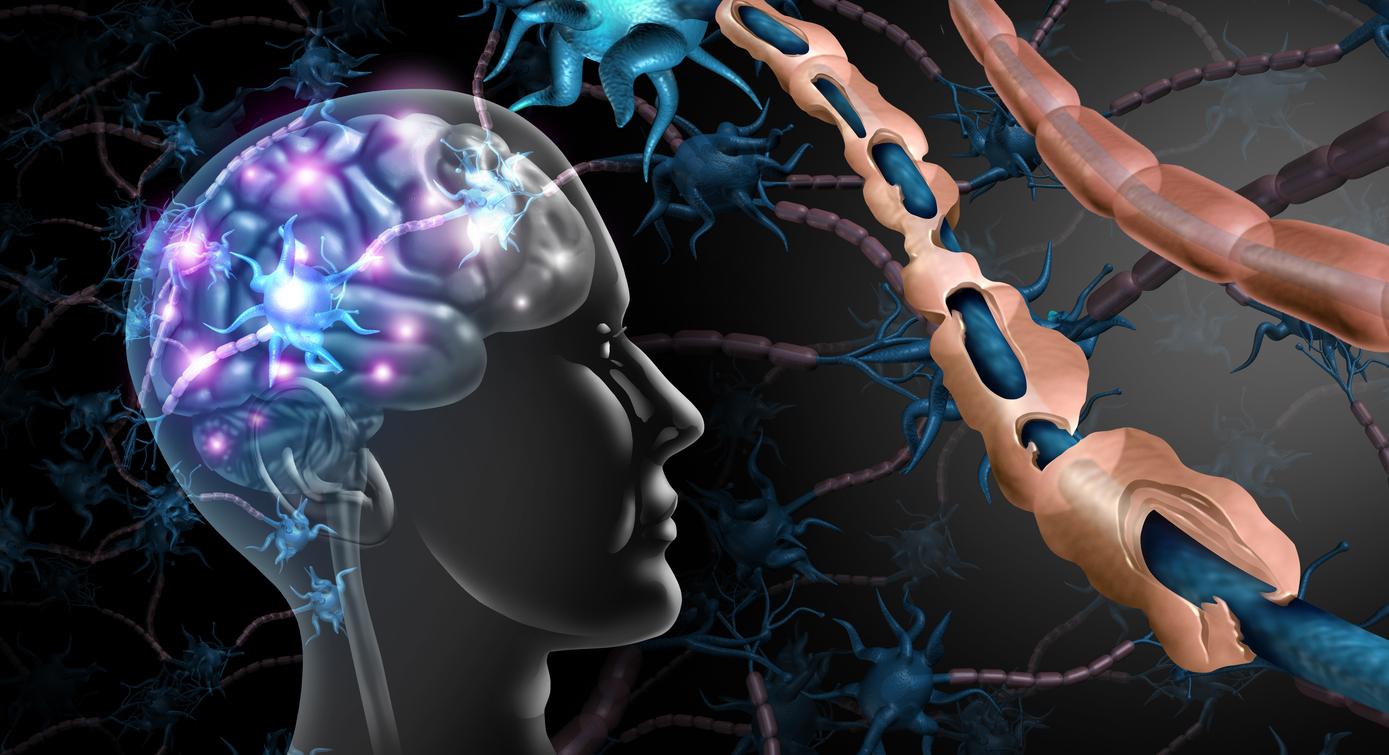The Trisomy 21 (also called Down’s syndrome), progresses throughout life and is manifested in particular by cognitive decline, the symptoms of which resemble Alzheimer’s disease. This is at least the case for 77% of people affected by trisomy 21. Another symptom is frequently added: a loss of smell. Inserm researchers in the Lille Neuroscience & Cognition laboratory and the Vaud University Hospital Center (CHUV, Lausanne) worked together to testing a new therapy to fight cognitive decline. Their results are published in the medical journal Science.
Scientists have been interested in a hormone called GnRH, for Gonadotropin-Releasing Hormone, and which is suspected to be linked to memory loss. In mouse models, they noticed that the production of this hormone on chromosome 21 (of rodents with Down syndrome) was not regulated correctly. What if it was enough to compensate for this dysfunction by injecting this hormone into subjects suffering from cognitive decline?
Improved cognitive faculties
They first did the test in mice, and it was satisfactory after 15 days. They had even regained their olfactory functions. So they did the trial in human patients. Seven men between the ages of 20 and 50 had a small pump implanted in their arm to receive a dose of GnRH every two hours, for 6 months. This type of treatment is called “pulsatile”.
Result ? Six out of seven of the subjects saw their cognitive abilities improveaccording to certain criteria: with the hormone, they had a “better three-dimensional representation, better understanding of instructions, improved reasoning, attention and episodic memory”, notes Inserm.
This would be explained by the fact that the hormone helps regions of the brain communicate better with each other. On the other hand, their olfactory faculties did not benefit from the treatment. The study will continue and this time involve women.
Source: A therapy improves cognitive functions in patients with trisomy 21, Inserm, August 31, 2022.


















